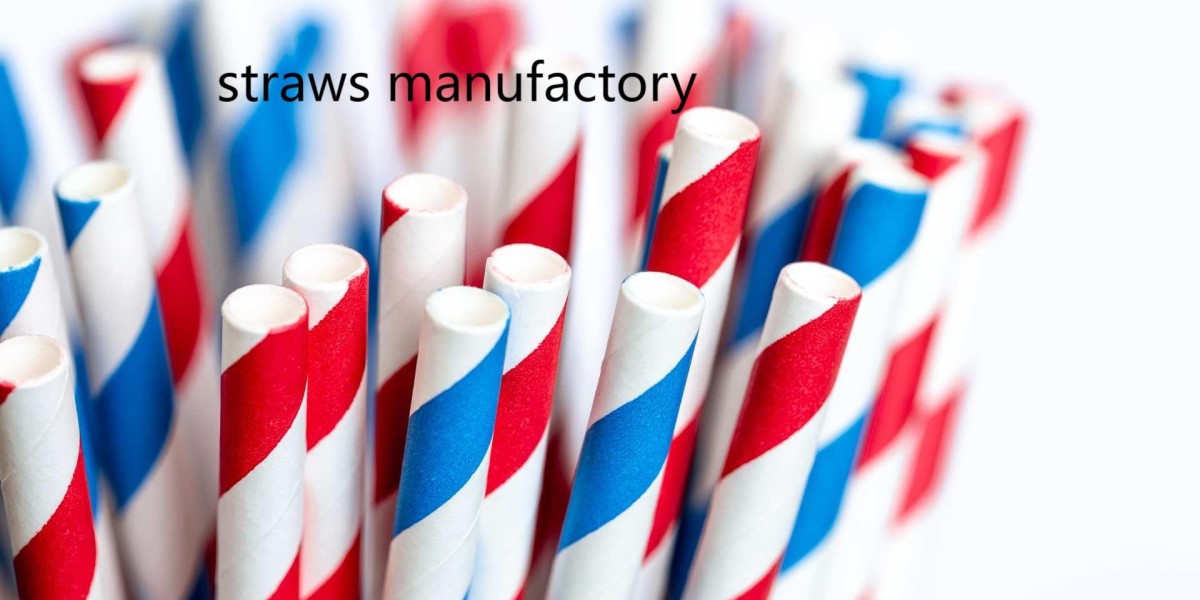In a world where climate change and plastic waste dominate global concerns, the role of sustainable manufacturing has never been more critical. Among the industries stepping up, the straws manufactory sector is carving out a unique space in advancing the circular economy. This model prioritizes recycling, reusing, and reducing waste—core principles that are now shaping how eco-conscious companies like Soton operate.
Traditional manufacturing, particularly in plastics, follows a linear model: produce, consume, and discard. This system is no longer viable. Billions of plastic straws enter landfills and oceans every year, creating long-term environmental damage. Straws manufactory operations are now rethinking their approach by using renewable materials and designing products that either decompose naturally or can be reused for years.
Soton is a standout example of this transformation. The company has pioneered the integration of biodegradable and reusable straw options into its production line. From paper and PLA (polylactic acid) to stainless steel straws, Soton is proving that sustainability and functionality can go hand in hand. Their commitment helps shift consumer behavior away from wasteful habits and toward greener alternatives.
A key benefit of a circular economy is minimizing reliance on virgin materials. Straws manufactory businesses contribute to this by using compostable materials that originate from renewable sources like corn starch and sugarcane. Unlike petroleum-based plastics, these materials break down naturally without releasing harmful toxins. Soton’s focus on these alternatives reduces both raw material consumption and waste pollution.
Moreover, innovation in the manufacturing process supports circularity. Instead of mass-producing with high energy outputs and material excess, modern straws manufactory facilities employ automation and precision engineering. This allows for minimal waste during cutting, shaping, and packaging, thereby improving both environmental and economic efficiency. Soton has invested in advanced machinery that ensures consistent quality while maximizing production yield with lower resource use.
Beyond the physical product, straws manufactory plays a critical role in consumer education and policy alignment. With increasing legislation banning plastic straws in many regions, businesses need suppliers that understand compliance. Soton not only meets international eco-standards but also provides insight and support to clients navigating new regulations. This positions the company as both a manufacturer and a sustainability partner.
There’s also a growing emphasis on the lifecycle of products. Soton designs straws with end-of-life scenarios in mind—whether that means they are compostable in industrial facilities or durable enough to withstand years of use. This conscious planning reduces the chance of products ending up as litter or waste.
Additionally, straws manufactory companies help businesses build greener brands. Cafes, restaurants, and event organizers increasingly seek out eco-friendly suppliers to meet the demands of conscious consumers. Soton’s custom printing and packaging services allow companies to align their branding with their values—showcasing their commitment to the planet without sacrificing presentation or performance.
In the broader context, the role of straws manufactory in the circular economy serves as a blueprint for other industries. It demonstrates that even small, everyday products can be redesigned for sustainability. The shift isn’t just about avoiding plastic—it’s about transforming how products are made, used, and returned to the earth.
As consumers become more informed and global policies grow stricter, the demand for sustainable manufacturing will only increase. Companies like Soton are ahead of the curve, proving that eco-friendly straws are more than a trend—they are a necessary step in creating a regenerative economy.To explore how Soton is redefining straw production for a circular future and browse their full eco-friendly catalog, visit sotonstraws.com .



